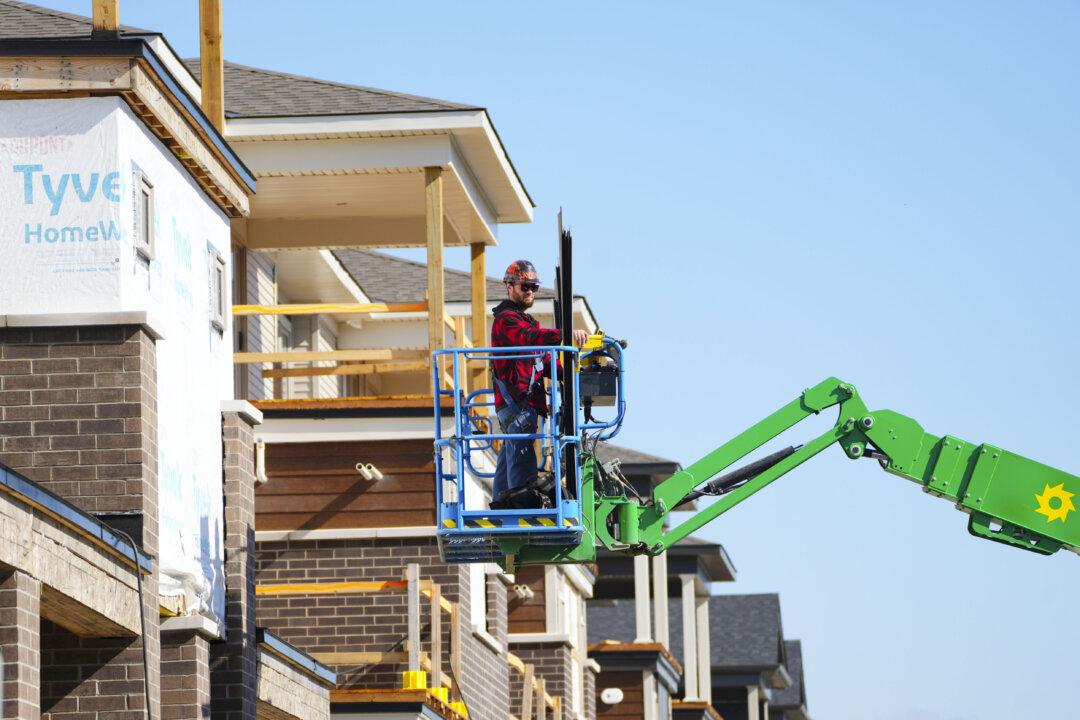Commentary
There are a lot of Canadian couples out there who don’t have a government pension, nor do they have a corporate pension from a big business. There are a lot of people who do have those pensions, and that’s great for them. But that’s not the kind of work a lot of people are in, so those just aren’t options for them.





